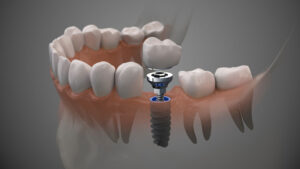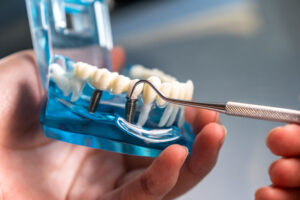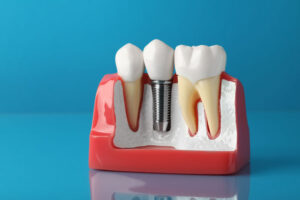Tooth sensitivity is one of the more common dental complaints, and that is especially true in the winter months. Cold weather, much like cold food and drink, can exacerbate tooth sensitivity issues, giving sufferers a reason to dread the winter months. While a sudden increase in tooth sensitivity can indicate a more serious underlying problem such as a cavity, this is not always the case, and many instances of sensitivity can be treated relatively easily.
If you are suffering from sensitive teeth in Monroe, CT, these tips can help you determine whether it’s the falling temperatures that are to blame, or something more serious.
Indicators of Tooth Decay
While it is usually impossible to say for certain without receiving an examination by a periodontist, there are several factors that may indicate your tooth sensitivity is caused by a cavity. Look for the following:
• Sudden, severe pain when eating or drinking
• An increase in instances of tooth sensitivity
• Sensitivity that is localized around a certain area of the mouth
• Pain when eating food that contains sugar or sweetener
What to Do About Tooth Sensitivity
If you are experiencing tooth sensitivity, the first step is to schedule a visit to see us. A thorough examination can put many of your fears to rest, and is essential to catch tooth decay before it spreads. Even before visiting us, there are several steps you can take that may help ease the pain of tooth sensitivity. Try some of the following to keep pain from interfering with your life while you wait for your appointment:
• Switch to soft-bristled toothbrush and waxed dental floss
• Buy a brand of toothpaste that is specially designed for sensitive teeth
• Avoid sugary or acidic foods
• Slip in a mouthguard at night
For help getting relief from your sensitive teeth this winter call Dr. Richard Amato at (203) 712-0917 today.





